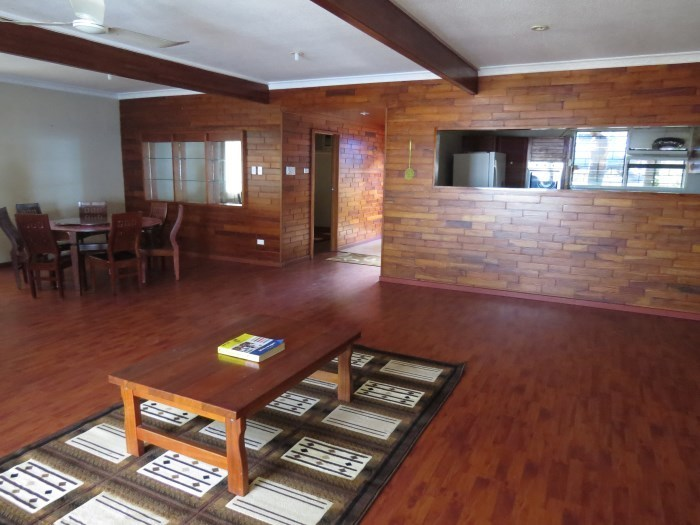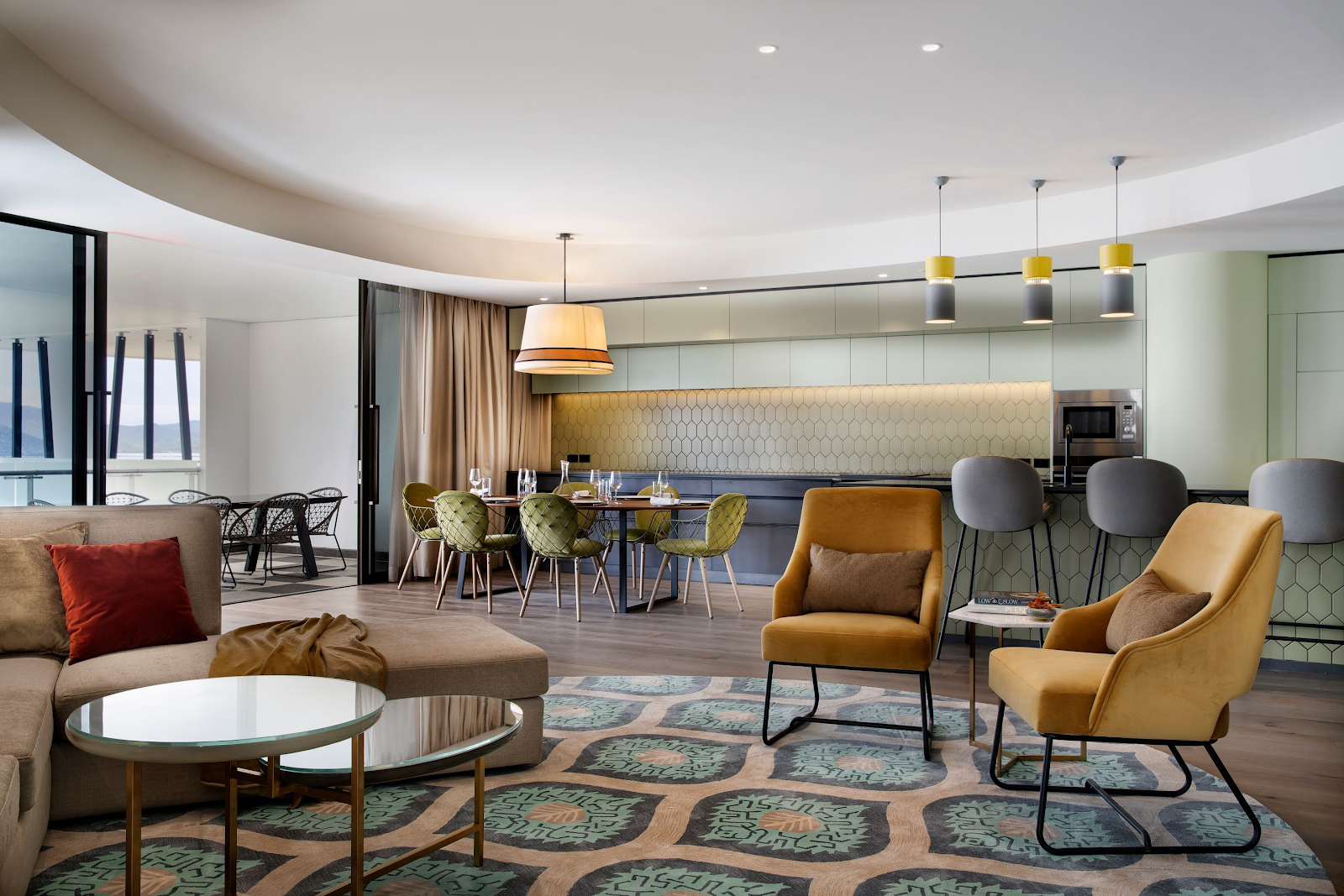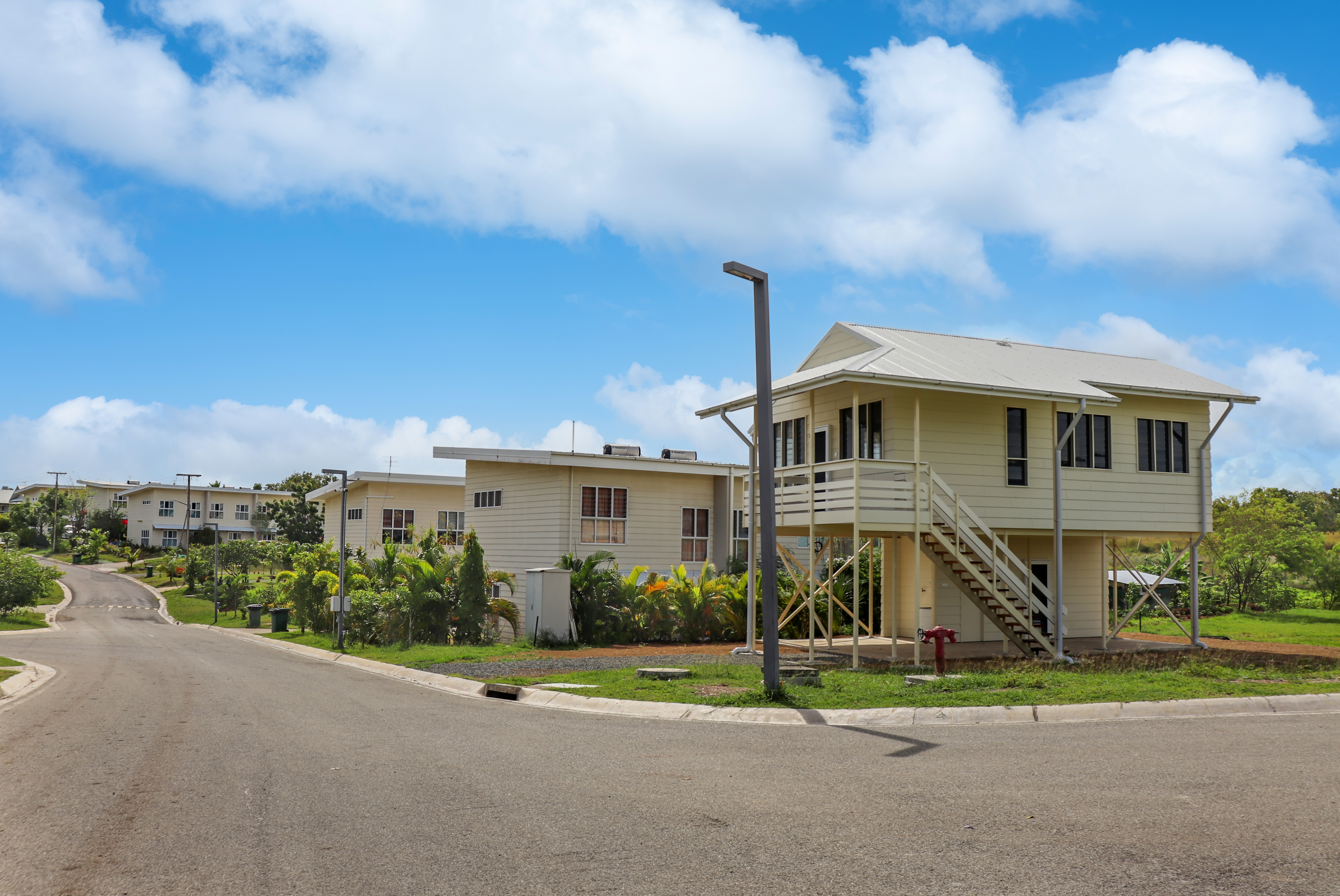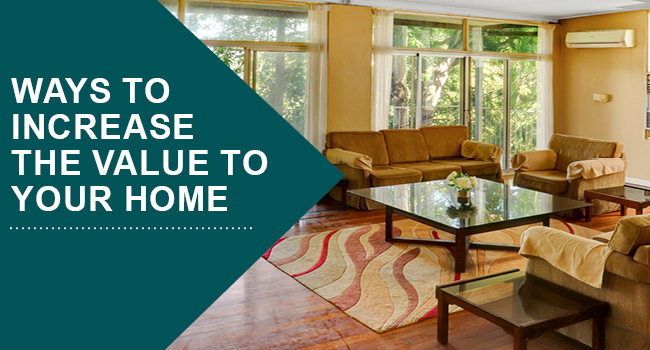Without exception and compromise, the coronavirus pandemic maintains its shadow of uncertainty over the real estate market in Papua New Guinea, as 2020 progresses. And it seems commercial office tenants returning their backs on extreme conviction as they attempt to walk alongside cautiousness.
But like every other crisis, there’s an end to this pandemic. It may not be tomorrow, next week or the following year, but it has an end and it will still reach that end. This then begs the question of what returning to work will be like post COVID-19.
So much has been professed about buying and selling abodes amid the coronavirus outbreak, but nothing substantial about commercial office spaces after the pandemic.
This in mind, we’ll look at how commercial office spaces are responding to this current crisis, and what may possibly result once the pandemic eases.
Working from home
At this point in time, many office spaces are empty due to the social distancing protocols put forth to help prevent the spread of COVID-19 across major sectors in PNG.
Business houses and Government departments have so far submitted to the pressures of transitioning to working from home, at the same time, making efforts to ascertain what will become of the workplace post-COVID-19.
Conversely, empty office spaces may be considered as a coup de grace. Once employees become used to working from home, the ripple effect will encapsulate cost saving measures to be had by employers.
On the other hand, this may not be the case. As social creatures, we always look for ways to interact in-person, so while working from home may be observed as a viable option for companies post-pandemic, there will never be a suitable substitute for one-on-one interaction, business-wise.
Coworking spaces
Besides working from home, PNG may soon witness the birth of coworking spaces, as far as the need for a private and flexible workspace goes.
Rising up to this challenge, Pacific Palms Property is currently offering these services at their Harbourside West Complex.
A typical scene in a coworking space will entail inner workings such as a co-mingling of individuals with similar or contrasting backgrounds in fathomless focus at private desks. While others will play up charming conversations at large shared tables.
This is the kind of scene you can expect in a coworking space, which serves as the culture. Combined with essentials such as Wi-Fi, meeting rooms, shared kitchens and bathrooms, Pacific Palms Property are a step ahead of their game.
Like video conferencing, coworking spaces can qualify as part of the new normal and the future for flexible office spaces.
Needless to say, all post COVID-19 workspaces are bound to harness the ability for employees to team up in developing their desire for more flexibility, while allowing themselves the freedom they yearn.
The moment you enter a coworking space, you'll immediately experience an atmosphere unlike any regular office setting; an atmosphere of electricity, elasticity and freedom.
Most likely, the demand for commercial office spaces may be subdued in the coming quarter. This means pressures from the pandemic will eventually subside; one that will reinforce plans to resuscitate business operations in these flexible workspaces.
Co-working spaces aren't just cost effective, but offer flexibility in terms of time periods of rental agreements.
These fun, pliable spaces can be rented on a daily, weekly, and even monthly basis, depending on the office needs of the business.
Co-working spaces usually offer a suite of office-like conveniences such as private meeting rooms, kitchens, coffee and what have you. More often than not, coworking spaces create communities, and the usual suspects are freelancers, entrepreneurs, startups, SMEs and small teams of professionals availing themselves of the flexibility.
By the same token, Pacific Palms Property, at their Harbourside West location, currently hosts SMEs and loan traders for that matter.
Return to conventional office spaces
While working from home has taken shape in every workplace configuration, traditional or conventional office spaces have become a major cause for concern for both the tenant and the landlord, thus far.
The forced transition to working from home has been an arduous exercise for many companies and government agencies. The employers in this regard are beginning to see this exercise as a viable move, one that is proving effective in testing business continuity and resilience.
But one can't deny the fact that there's a general sense of missing the office environment, the atmosphere, and colleagues, from both a personal and professional stance.
Then there's the reality of not having a suitable space to turn into an office: a reality that has unfolded into one of many issues such as shared accommodation, children being around you constantly, and furniture that doesn't make for a suitable desktop or work table to operate on.
Further considerations would entail the mental health and well-being of the employee. Utilizing videoconferencing at this point has never been of greater importance, and the adaptation of it in this scenario cannot be understated.
Moving forward, employers can begin planning a back-to-work scenario, whereby the math behind this move is to lead customers and clients back to normal as soon as convenient.
A pause in leasing
Since the pandemic, traditional offices remain empty while a distinctively low demand emanates across new offices. However, most offices are tied to a lease, so while they may be empty, rents are still being paid.
As office tenants continue to review their business continuity plans amidst this great uncertainty, one cannot expect a downward trend within the strands of commercial rent just yet, directed by an unshakable underlying commercial market.
Many companies by now will realize that they are able to adapt to remote working. This suggests an increase in what is known as satellite offices like Hausples Limited, with more people appearing in flexible workspaces, as companies and business houses distance themselves from long-term leases.
With many more companies laying off a good number of their employees, one can expect to come across a significant amount of empty office spaces.
Apart from that, one can only expect delays in leasing, which corresponds to the extent of the pandemic - the more COVID-19 persists, the more leasing may be delayed.
Shifts in market dynamics
Obviously, working from home is not for everyone. Many business verticals and functions will still rely on an office setting to get things done.
Three-quarters of office work will journey upon constant monitoring alongside professional infrastructure, whereby only an office setting can resolve, ergonomically speaking.
Nonetheless, market dynamics carries on at a rapid shapeshifting process.
The bottomline
Evidently, the need for remote work may increase for most of us. This will lead to a collective agreement that greater flexibility will be needed like never before.
As we've mentioned earlier, working from home usually will require some getting used to for many Papua New Guineans. Once it develops into a trend, companies will distance themselves from signing long-term leases, instead opting for the more viable short-term leases. But this is only a prediction.
The only surefire thing is offices will always be the ideal place to do business and, now more than ever, they still prevail as the catalysts for enduring success.
Moreover, the office market is expected to bounce back strongly in 2021, so what landlords and investors can do now is to remain cool, calm and collected in this troubling time.
Surely, just like all good things must come to an end, so do bad things. It pays to wait.






Comments